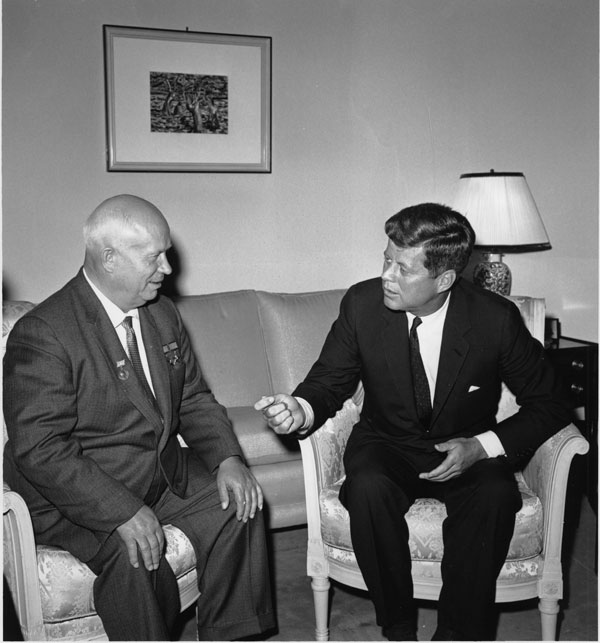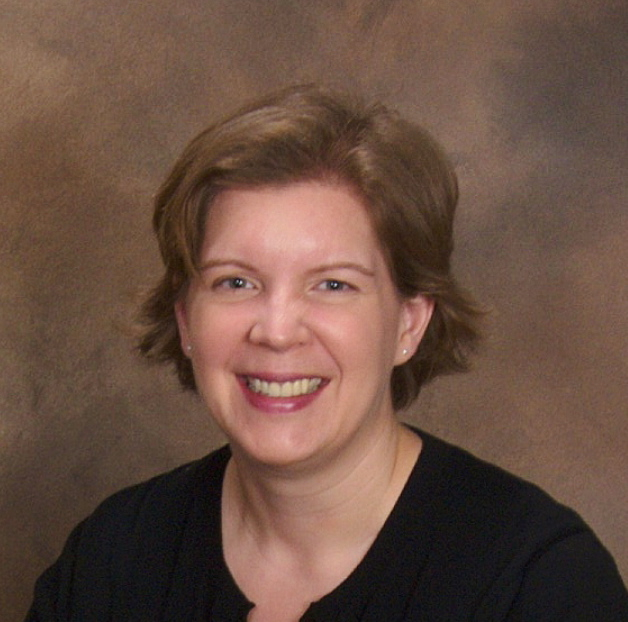If JFK Lived: 5 Ways History Would Change

Get the world’s most fascinating discoveries delivered straight to your inbox.
You are now subscribed
Your newsletter sign-up was successful
Want to add more newsletters?

Delivered Daily
Daily Newsletter
Sign up for the latest discoveries, groundbreaking research and fascinating breakthroughs that impact you and the wider world direct to your inbox.

Once a week
Life's Little Mysteries
Feed your curiosity with an exclusive mystery every week, solved with science and delivered direct to your inbox before it's seen anywhere else.

Once a week
How It Works
Sign up to our free science & technology newsletter for your weekly fix of fascinating articles, quick quizzes, amazing images, and more

Delivered daily
Space.com Newsletter
Breaking space news, the latest updates on rocket launches, skywatching events and more!

Once a month
Watch This Space
Sign up to our monthly entertainment newsletter to keep up with all our coverage of the latest sci-fi and space movies, tv shows, games and books.

Once a week
Night Sky This Week
Discover this week's must-see night sky events, moon phases, and stunning astrophotos. Sign up for our skywatching newsletter and explore the universe with us!
Join the club
Get full access to premium articles, exclusive features and a growing list of member rewards.
John F. Kennedy surviving his assassination has always been an irresistible twist for authors of alternate histories. Some of the best writers of the past 50 years have tackled this plot device since that fateful day in Dallas on Nov. 22, 1963. Some are fanciful, such as the 1992 short story collection "Alternate Kennedys," which sent the clan to Hollywood. Others take a serious turn, reversing the 1960s' amazing progress in civil rights.
Here are five intriguing ways history may have changed if Kennedy had survived the assassination attempt, or if gunman Lee Harvey Oswald had never taken the shot.
1. The 1964 election
What if JFK had lived through the assassination attempt on Nov. 22, 1963? There may never have been a Warren Commission to investigate the crime, and the wealth of conspiracy theories that followed may have never arisen. But there would have still been investigations. [20 of the best conspiracy theories]
And in the alternate history presented in Bryce Zabel's novel, "Surrounded by Enemies: What If Kennedy Survived Dallas?" (Publish Green, 2013), those investigations threaten Kennedy's ability to win re-election by revealing his personal and political secrets. Those include his affairs and ties to the mob. In Zabel's novel, the revelations trigger an impeachment battle.
2. Vietnam
Tensions were already escalating in Vietnam in 1963. Just a few months before Kennedy was killed, he supported a coup that ended with the death of South Vietnamese president Ngo Dinh Diem. In the documentary film project "Virtual JFK," historians suggest Kennedy would have pulled out of Vietnam, resisting pressure to escalate the war.
Get the world’s most fascinating discoveries delivered straight to your inbox.
Even so, after Kennedy's death, his brother Robert told reporters that JFK had no intention of pulling out of Vietnam; historians, as well, aren't sure how the Vietnam War would have concluded with Kennedy in charge.
3. Civil rights
Historians describe the trouble Kennedy would have faced in building consensus in Congress had he continued on for another term. Rather, Lyndon B. Johnson gets credit for pushing through the landmark civil rights and poverty-busting legislation of the 1960s. In the novel "11/22/1963" (Gallery Books, 2012), by Stephen King, a high-school English teacher travels through a time portal to foil Lee Harvey Oswald's assassination attempt. When the time traveler returns to the present, he discovers the 1964 Civil Rights Act never passed.
4. The Cold War
John F. Kennedy won election by preying on fears of nuclear war, some have argued. But just before his death, the president pushed for a limited ban on nuclear weapons. In the book "If Kennedy Lived: An Alternate History" (Putnam Adult, 2013), by Jeff Greenfield, the author suggests Kennedy would have worked with Soviet leader Nikita Khrushchev to reduce the world's nuclear weapons arsenal.
5. The space program
Would there be people on Mars by now if Kennedy had lived beyond 1963? In the science fiction novel "Voyage" (Harper Collins, 2011), by Stephen Baxter, the United States lands people on Mars in 1986, after Kennedy survives his assassination attempt. But JFK only serves as inspiration — it's Nixon who approves the Mars mission. Another twist: All of the Apollo missions beyond Apollo 14 were cancelled. Historians have focused more on the outcome of the lunar program than a possible Mars launch had Kennedy lived. A few think the budding détente between Kennedy and Khrushchev could have even lead to a joint space program.
Email Becky Oskin or follow her @beckyoskin. Follow us @livescience, Facebook & Google+. Original article on LiveScience.

 Live Science Plus
Live Science Plus










